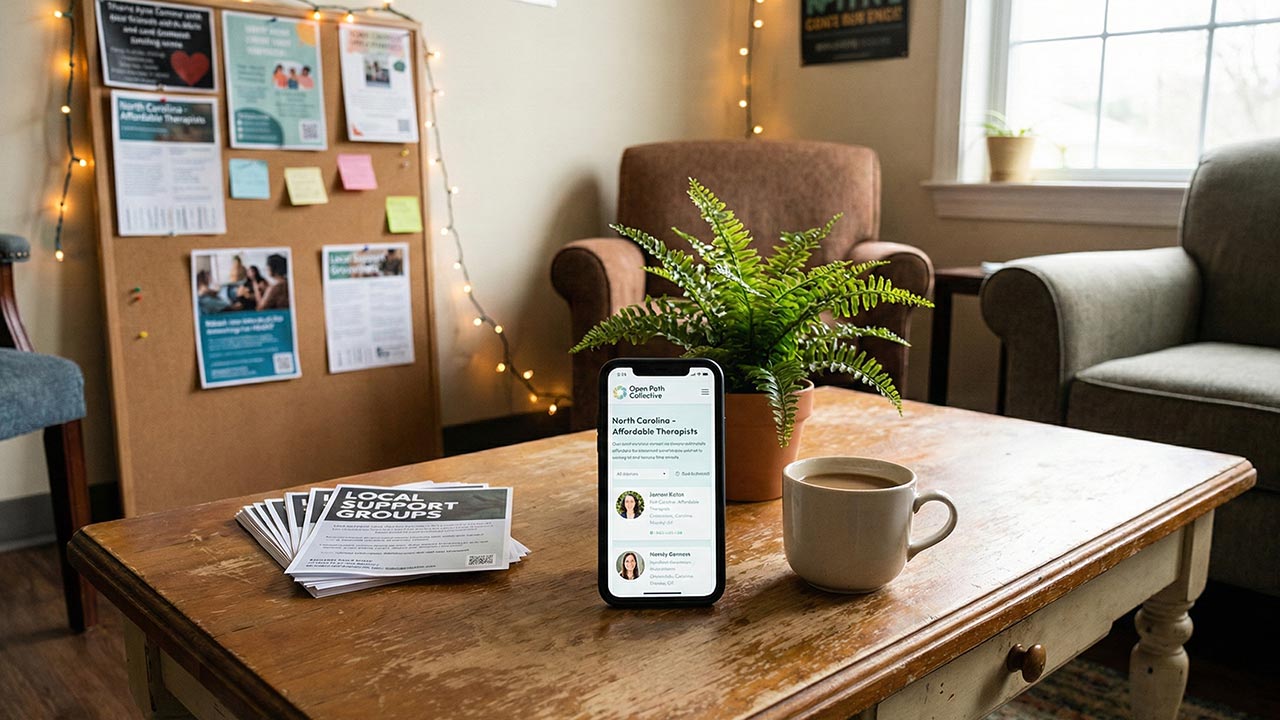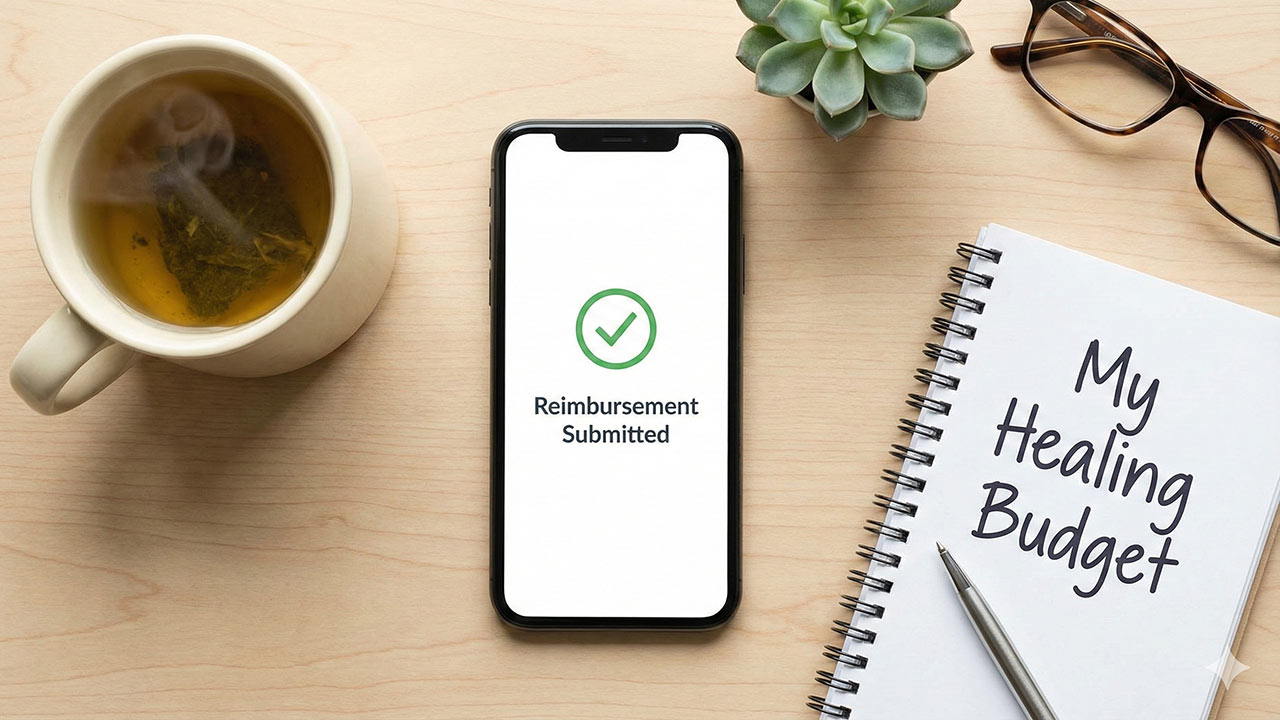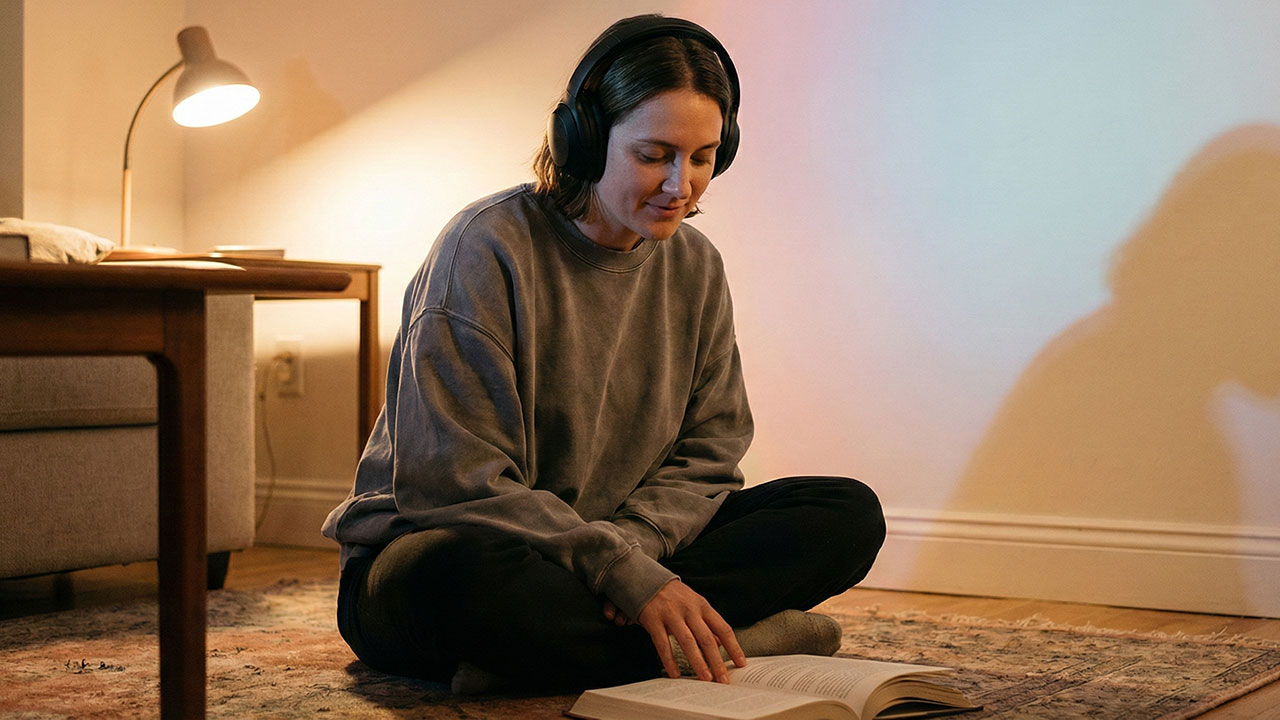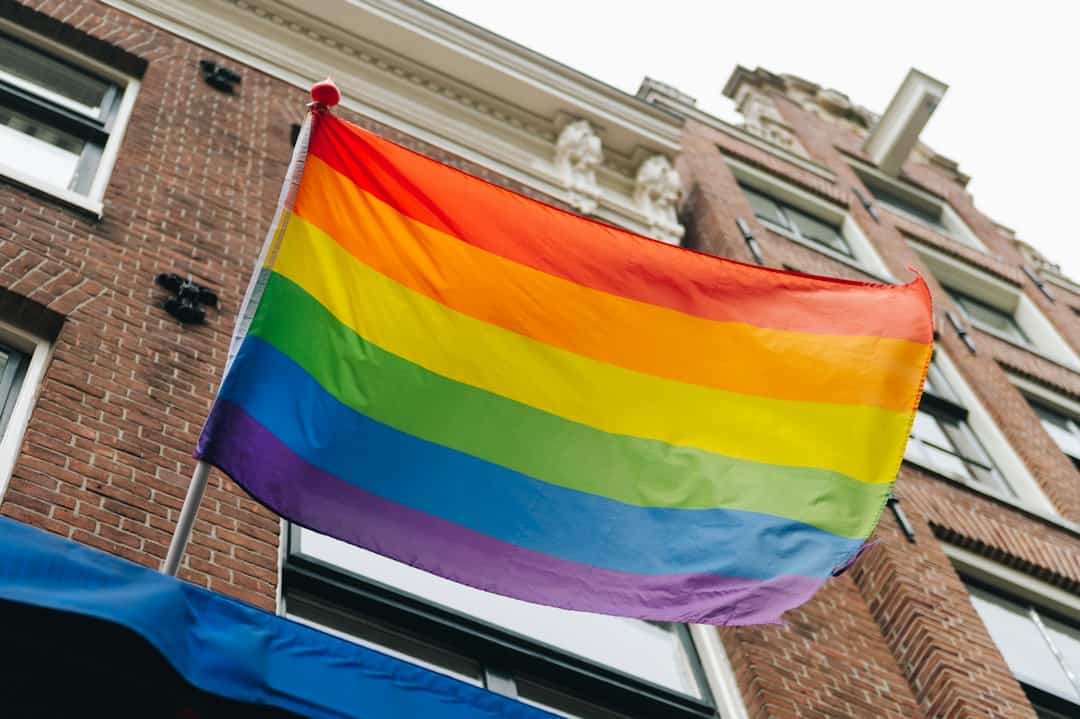Facing challenges in traditional therapy spaces? Feeling weighed down by mental health issues? Mental health is intertwined with our identities, cultural backgrounds, and collective experiences. This is especially true for Black, Indigenous, and People of Color (BIPOC). Their mental health journey is often marked by unique obstacles due to systemic injustices, deep-rooted stigmas, and historical trauma. At Resilient Mind Counseling, we’re committed to exploring these complex factors and guiding you on the path to healing within the BIPOC communities.

The Importance of BIPOC Mental Health Awareness Month
As we strive to create more inclusive and understanding communities, recognize occasions like the BIPOC Mental Health Awareness Month. Understanding its origin and purpose can illuminate the vast disparities that persist in our mental healthcare system and highlight the importance of prioritizing the mental health of Black, Indigenous, and People of Color (BIPOC) communities.
The Origin and Purpose of BIPOC Mental Health Awareness Month
Initially designated as National Minority Mental Health Awareness Month, BIPOC Mental Health Awareness Month is observed each July. This event aims to spotlight the unique mental health challenges and needs of historically disenfranchised or oppressed racial and ethnic groups in the United States.
BIPOC communities face deep-seated issues like discrimination and oppression, which stem from historical injustices. These problems often lead to individual and collective trauma, severely affecting their mental health. This awareness month aims to shed light on these disparities and boost BIPOC individuals’ mental well-being.
At Resilient Mind Counseling, we’re firm believers that mental health professionals are key in tackling systemic inequalities in care quality and access. By giving these professionals the needed resources, support, and education, we can boost multicultural competence and ensure effective mental health care for all.
The Unique Mental Health Challenges Faced by BIPOC Communities
BIPOC communities, comprising Black, Indigenous, and People of Color, grapple with unique mental health challenges, which are often deeply enmeshed with systemic and historical injustices. In our work at Resilient Mind Counseling, we strive to understand and address these complex issues.
The Impact of Historical Trauma and Displacement on BIPOC Mental Health
Historical trauma, a result of major events like oppression or colonization, deeply affects BIPOC communities. This trauma, inherited through generations, intensifies inequalities, boosts mental health troubles, and molds collective identity, including cultural norms and values. Shared trauma also impacts relationships and parenting methods, complicating family interactions.
Therapy can be a powerful tool in helping individuals navigate these historical and intergenerational traumas, providing a safe space for discussing and processing these experiences. It offers tools to navigate emotions, reframe perspectives, and develop resilience.
The Influence of Cultural, Social, and Familial Factors on Mental Health Outcomes
Societal and environmental elements significantly influence mental health, debunking the old belief that it’s solely about personal choices. To treat effectively, we must tackle issues like harmful stress environments, social interactions, and access to social services. These aspects, rooted in culture, society, and family, can either protect or endanger mental health.
The Prevalence of Mental Health Stigma in BIPOC Communities
Mental health stigma is common and can lead to avoidance or shame. This stigma can be stronger in BIPOC communities, due to cultural norms and past traumas. This might discourage individuals from seeking needed mental health support.
Resilient Mind Counseling is dedicated to culturally aware, inclusive, and customized mental health support for BIPOC communities. We aim to offer a safe, empathetic space where individuals feel seen and respected. This helps them manage their unique experiences and boosts overall mental health and well-being.
The Disparities in Mental Health Services for BIPOC Communities
Understanding the disparities in mental health services is crucial in our mission to improve BIPOC mental health awareness. Despite similar rates of mental health disorders across racial and ethnic groups, access to mental health services varies greatly.
The Barriers to Accessing Quality Mental Health Care
BIPOC communities face significant barriers in accessing mental health care, which can negatively impact their overall mental well-being. Economic disparities, systemic inequalities, and discrimination contribute to these barriers.
Firstly, financial constraints can make mental health services inaccessible for many individuals. The cost of therapy, medications, and other treatments can be prohibitive, especially for those without health insurance or with limited coverage.
Secondly, logistical barriers, such as lack of transportation or the unavailability of services in certain areas, can limit access to care. This is particularly true for those living in rural or underserved urban areas.
Thirdly, systemic barriers can also prevent BIPOC individuals from accessing care. These can include language barriers, cultural insensitivity in the healthcare system, and a lack of providers who understand the unique experiences of BIPOC individuals.
Lastly, there’s a deep-seated mistrust of healthcare systems among some BIPOC communities due to historical abuses and unethical practices. This makes it challenging for these individuals to seek help and engage with mental health services.
The Need for Culturally Competent Mental Health Professionals
Culturally competent mental health pros are essential for BIPOC communities. They respect and understand their cultural identities and experiences, integrating these into their treatment approach.
Standard therapy methods may fail to respect or understand cultural identities and experiences, causing feelings of cultural disregard or misappropriation. This can discourage BIPOC individuals from seeking assistance or engaging completely in their therapeutic journey.
At Resilient Mind Counseling, we prioritize cultural competence. Our therapists offer inclusive care, acknowledging every individual’s unique experiences and strengths.
The Theme of BIPOC Mental Health Awareness Month 2023: Culture, Community, & Connection
As we navigate the path towards mental health equity, it’s vital to recognize the importance of Culture, Community, & Connection. This is the theme for BIPOC Mental Health Awareness Month 2023, a theme that underscores the crucial role these elements play in mental health within BIPOC communities.
The Role of Culture in BIPOC Mental Health
Culture is a key player in shaping our experiences and mental health. In the BIPOC communities, ancestral wisdom, survival techniques, and support systems stem from their rich cultural roots. These cultural strengths promote resilience and flourishing, even amid adversity.
BIPOC therapy prioritizes understanding a client’s cultural and racial identity. This approach, rooted in cultural sensitivity and respect, creates a safe space for healing. It’s key for empowering stronger minds and promoting mental wellness.
The Role of Community in Supporting BIPOC Mental Health
Community is more than just a sense of belonging, it’s a source of strength, support, and resilience. BIPOC communities have historically carved out systems of support to sustain their collective well-being. These systems have centered around deeply rooted cultural traditions, language, stories, food, art, and more.
Community acts as an anchor, allowing connection in a world that often seeks to ostracize and isolate. It’s the power of community that has brought forth movements and social change, health and wellness, knowledge, and strength. At Resilient Mind Counseling, we understand the paramount role community plays in healing and supporting BIPOC mental health.
The Power of Connection in BIPOC Mental Health Support
Connection is key for BIPOC mental health, linking culture and community. It helps heal trauma and displacement, offering a sense of being seen and understood.
Connection is vital in mental health context. It can help topple stigma and loneliness walls. In the words of Mental Health America, “If trauma and displacement are illnesses, connection is our cure.”
Strategies for Promoting BIPOC Mental Health Awareness and Advocacy
Promoting BIPOC mental health awareness requires active engagement from various sectors of society. It’s about creating safe spaces for conversation, fostering understanding, and continually learning about the unique mental health experiences of BIPOC individuals. Here, we’ll look at some key strategies that can help bring this advocacy to life.
The Importance of Community-Led and Mentally Healthy Spaces
When it comes to promoting BIPOC mental health awareness, the value of community-led spaces can’t be overstated. These spaces offer a platform for BIPOC individuals to share experiences, express emotions, and find validation in a supportive environment. They promote inclusivity and respect, fostering a sense of belonging.
At Resilient Mind Counseling, we believe in the power of community. We see every day how connection can heal and strengthen individuals. As Mental Health America points out, “If trauma and displacement have been illnesses, then connection is our medicine” .
The Role of Mental Health Professionals in Promoting BIPOC Mental Health
Mental health professionals play a critical role in advocating for BIPOC mental health. Their responsibilities extend beyond providing therapy. They also need to be culturally competent, understanding and respecting the unique experiences of their BIPOC clients.
However, access to culturally competent mental health professionals is often limited for BIPOC individuals . Therefore, it’s crucial to increase the representation of BIPOC mental health professionals through recruitment and retention programs. We at Resilient Mind Counseling are committed to fostering a diverse team of therapists who are sensitive to the needs of BIPOC clients.
Learning and Understanding BIPOC Mental Health
Promoting BIPOC mental health awareness is an ongoing process. As we deepen our understanding of the complexities of race, culture, and the human experience, our approach to mental health care must evolve as well .
We need to challenge our assumptions about mental health outcomes and recognize that they are influenced by a range of factors beyond individual choices. For example, social and environmental factors can significantly impact an individual’s mental health. Effective treatment must therefore address these underlying issues .
Conclusion: The Path Forward for BIPOC Mental Health Awareness and Equity
Understanding BIPOC mental health involves recognizing the distinct challenges faced by this community. Addressing trauma, combating mental health stigmas, and promoting culturally relevant healing can empower BIPOC individuals. This approach fosters recovery and cultivates a more inclusive society.
BIPOC communities often face amplified mental health issues due to cultural factors, historical trauma, and societal disparities. Thus, provide culturally responsive care and community support. At Resilient Mind Counseling, we are dedicated to this approach, striving to build a mental health system specifically designed for the BIPOC community.
To uplift BIPOC individuals, we must tackle stigmas and boost open conversations. We also need to better mental health services that honor their cultural backgrounds. We endorse self-care and mindfulness, alongside promoting physical health and self-love. Our goal is to make safe spaces for BIPOC individuals to share experiences, get support, and engage in healing activities.
But the journey continues. We need to push for fairness and inclusion via education, diverse representation, anti-racism, fair policies, and partnerships within BIPOC communities. These tactics are vital for enhancing BIPOC mental health awareness and advocacy.
Indeed, asking for help is a powerful first step, not just for our own healing, but also for our communities. As the 2023 BIPOC Mental Health Campaign by Mental Health America highlights, connection is our remedy. It lets us support and challenge each other to grow. We at Resilient Mind Counseling strive to foster these connections, and boost BIPOC mental health awareness and fairness.
Our goal is to create a world where everyone, including BIPOC individuals, can access the mental health resources they need, free from stigma, discrimination, and barriers. And while we’re proud of the progress we’ve made, we know there’s still much to be done.
We invite you to join us on this journey. Explore our services and learn more about our approach towards BIPOC mental health. Let’s work together to foster understanding, empathy, and inclusion for all, and to advance BIPOC mental health awareness and equity.















